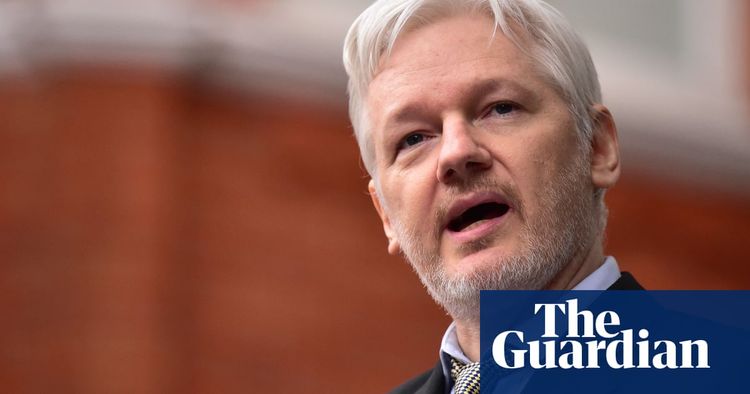US government lawyers deny charges against Julian Assange politically motivated

At an important hearing for Julian Assange's extradition, lawyers for the US government said that the reason he is facing criminal charges is because he exposed the names of sources and encouraged others to steal and hack information, and not due to any political reasons.
The founder of WikiLeaks might be sent to the United States very soon to be tried for espionage due to the release of confidential military and diplomatic materials concerning the Afghanistan and Iraq wars. This may happen if he is not allowed to contest his removal from the UK in a London high court.
Lawyers representing the US government attempted to counter the points put forward by the legal team of the WikiLeaks founder on Wednesday. The prior day, the defendant's counsel asserted that the US was pursuing vindictive actions, motivated by politics, in retaliation against his disclosure of government wrongdoing such as torture, abduction, and unlawful murder.
Reporters Without Borders and the National Union of Journalists are providing support for Assange, while his lawyers have characterized his prosecution as unparalleled. Despite this, Clair Dobbin KC argued that the charges against him were not politically motivated, but rather were a result of his actions going "beyond what a journalist gathering information would do."
In court, she stated: "He's being prosecuted in accordance with the law and the evidence. Although the defendant's case is rare, his actions were also unprecedented."
Dobbin remarked that Assange didn't just release material, but worked together with Chelsea Manning to steal and reveal classified information. Additionally, he's accused of trying to persuade other hackers and leakers to share classified data.
According to her, Assange was aware that he was publishing the names of people who had provided information to the US, and he did so without discrimination, making it available to anyone in the world.
The attorney further stated, "These fundamental details set apart the stance of the complainant from that of the New York Times and other news providers."
These are the factors that provide the solid grounds for his legal charges. It is these details that set him apart, rather than his personal viewpoints on politics.
Mark Summers KC stated on Tuesday that the release of cables without redaction was unintentional. However, even if it was intentional, he argued that exposing the identities of individuals could have been justified by the public interest. He went on to state that there was no evidence of any harm inflicted on those mentioned in the cables.
During the trial, Dobbin claimed that numerous individuals had to abandon their homes and countries because they were recognized in the state diplomatic cables. She mentioned that some lost their employment and had their assets frozen or vanished, although it couldn't be confirmed if their disappearance was caused by being named. The people affected belong to Ethiopia, China, Iran, and Syria, as Dobbin stated. She also pointed out that the unredacted material disclosed by Assange doesn't attract any public concern, which is the principal drawback in his argument.
Assange wishes that the two judges assigned to his case will approve his plea for a complete appeal hearing. In the instance that they do not, he will have used up all legal options in the UK, and his only remaining resource will be to seek relief from the European court of human rights, requesting the UK to refrain from extraditing him whilst his case is under consideration. In the event that his plea is denied, he could be taken out of the country by US marshals in a matter of days.
Assange was authorized to participate in the trial that would take place over two days, but it was reported that he was too unwell to attend the Royal Courts of Justice or even follow the proceedings online.





























































